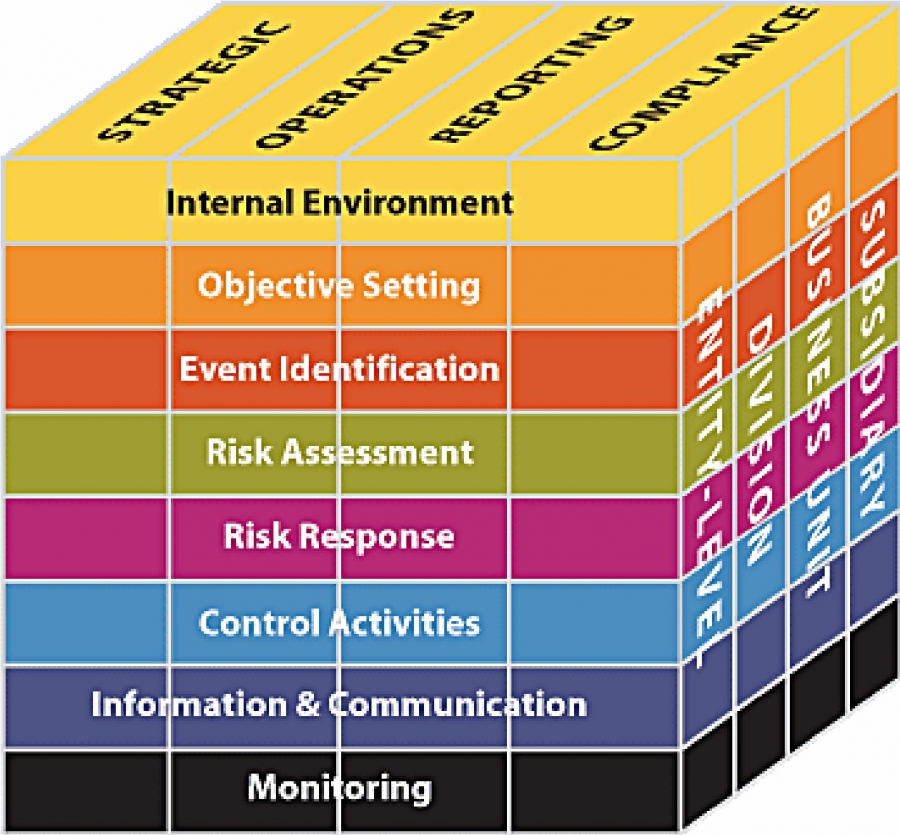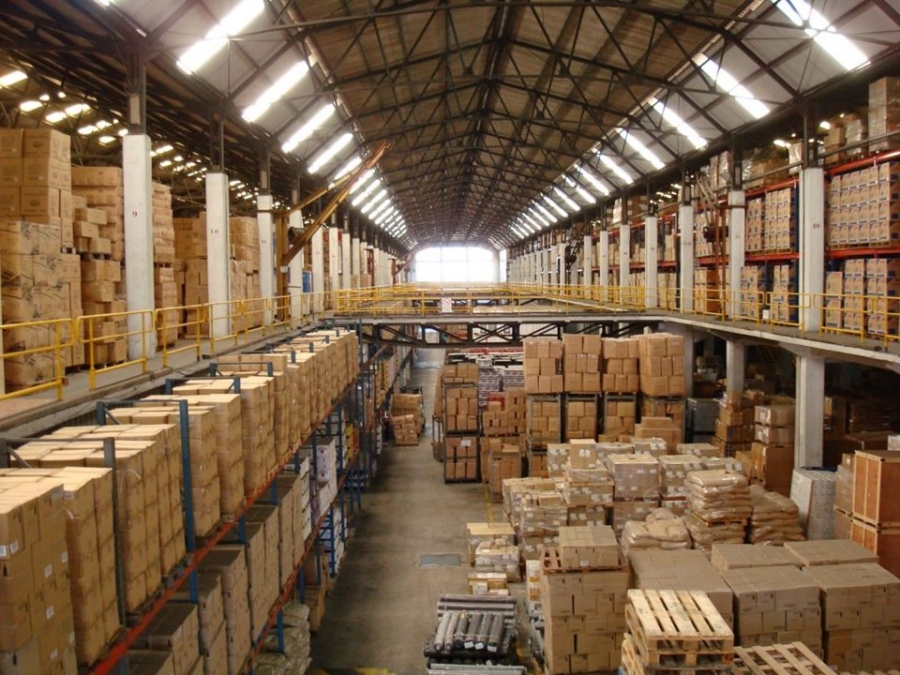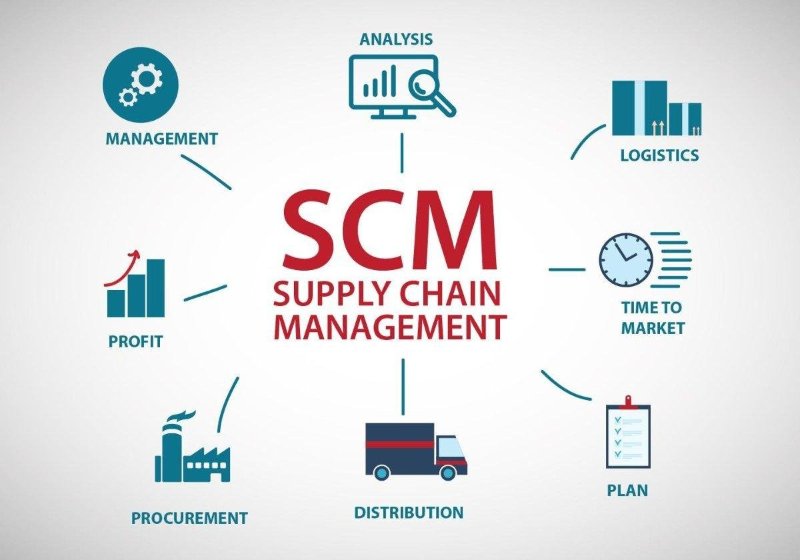While experts predict that manufacturing process will undergo a slow but steady change, some businesses are catching up with the latest trends at a high speed.
Starting from technological innovations to the changes in how customers regard production, manufacturers realized just how important it is to keep up with what 2018 has in store.
Quite a few trends have started to change the production process for the better. Here are the most predominant ones.
The Industrial Internet of Things (IIoT)
The IIoT increases automation in many industries and it revolutionizes manufacturing in several ways. It improves:
- Connectivity – The network of intelligent computers works in perfect accord, leaving very little room for error in communication.
- Scalability – Each produced item has distinct specifications which are then easily tracked and analyzed.
- Safety – Highly sophisticated software detect anomalies which prevent both the potential injuries of the employees and the flaws in the manufacturing process.

Not only does technology enable businesses to focus more on customers, but it also reduces unnecessary waste and simplifies complicated work.
Prioritizing risk management
Operational, strategic and regulatory risks are being processed using enterprise risk management (ERM). There has been a steady increase in the way manufacturers are reaching out for this solution because it increases the focus on risk at all levels.

One of the positive outcomes of implementing ERM is that it provides the simplicity of risk analysis. With it, decision making is made much easier.
Cybersecurity
Another thing to bear in mind is keeping the system secure.
Cloud-based technologies have proved to be a viable solution for the problems that might occur if data is not protected well enough. On top of that, internal networks should also be protected against any leakage.
There is an external controlling body which regulates who or what has access to the valuable information. For this reason, these technologies can save a lot of time and money.
Warehousing
When it comes to having a functional warehouse or getting rid of unnecessary clutter, manufacturers are well aware of the importance of quality shelving and other storage techniques.

Operational capacities have gone through significant change, too. Various software solutions have been extremely helpful with keeping track of the inventory, production planning and available space.
Supply chain
The supply chain management is certainly the thing of the future.

In order to induce customers’ satisfaction, manufacturers are starting to realize just how important the speed of delivery is. For this particular reason, forecasting and demand planning, followed by optimizing the chain supply structure, are some of the biggest challenges manufacturers need to handle.
Mitigating this potential problem involves the analysis of individual supply chain components.
Green manufacturing
Being environmentally-friendly is something more and more people are striving for. This attitude is slowly taking over the manufacturing processes too.

Not only are consumers being increasingly willing to buy eco-friendly products, but this practice can also earn a solid reputation for any manufacturing business.
The circular economy of recycling and reusing of materials promotes green efforts and this trend supports sustainability and minimizes harmful waste.
Although some of these trends are actually intertwining, any manufacturers trying to keep their business afloat need to keep them in mind. Not only will it generate greater revenue, but it will also solidify their business and reputation.

